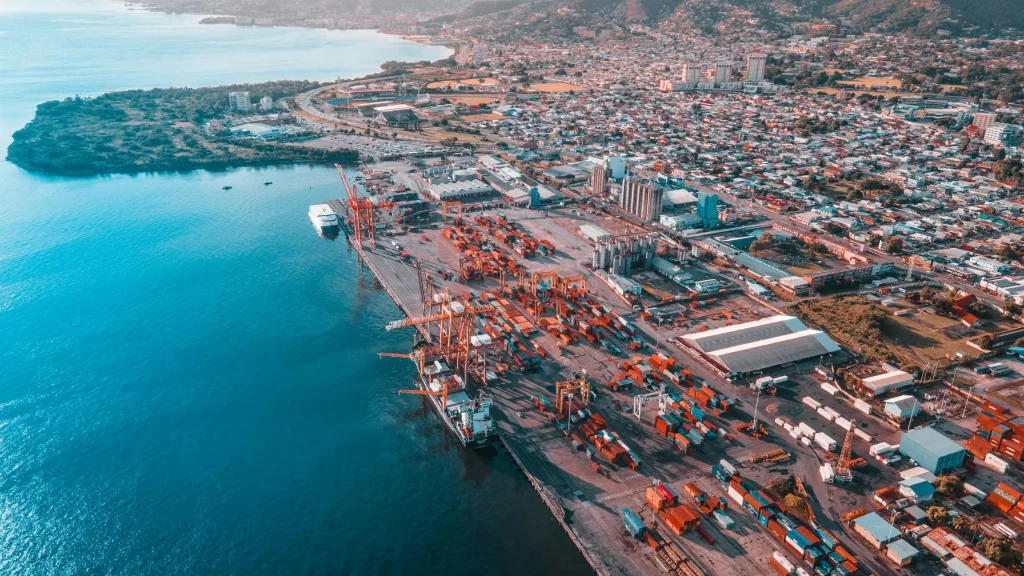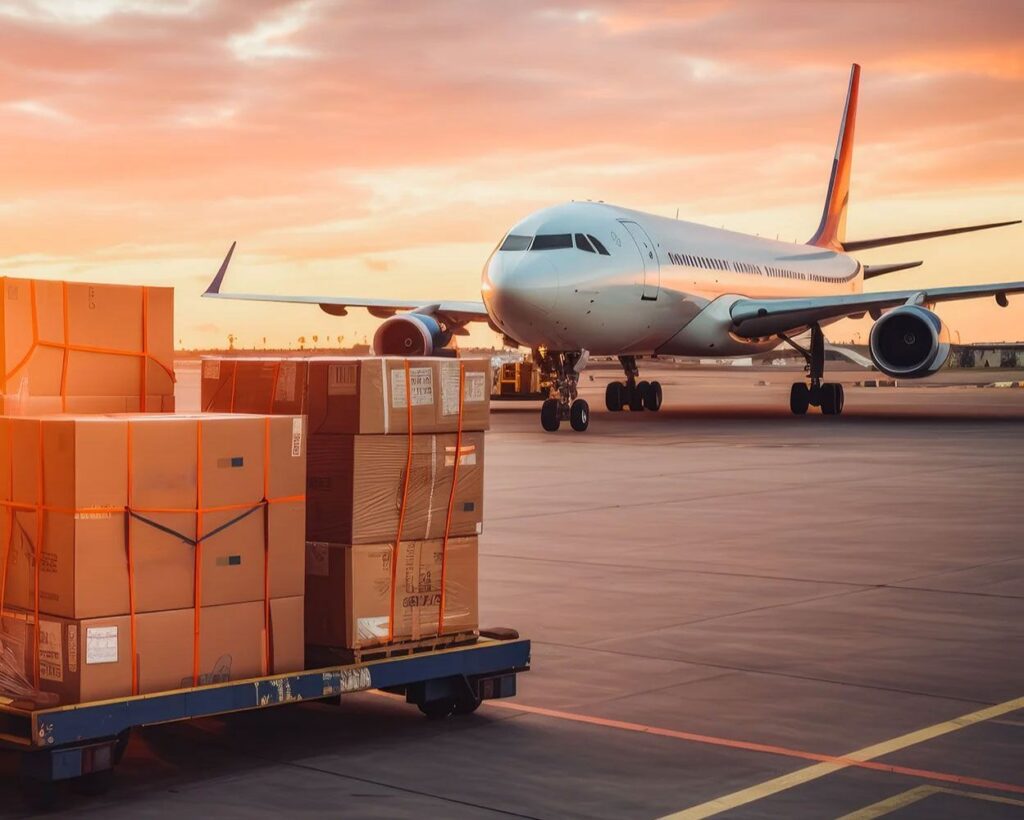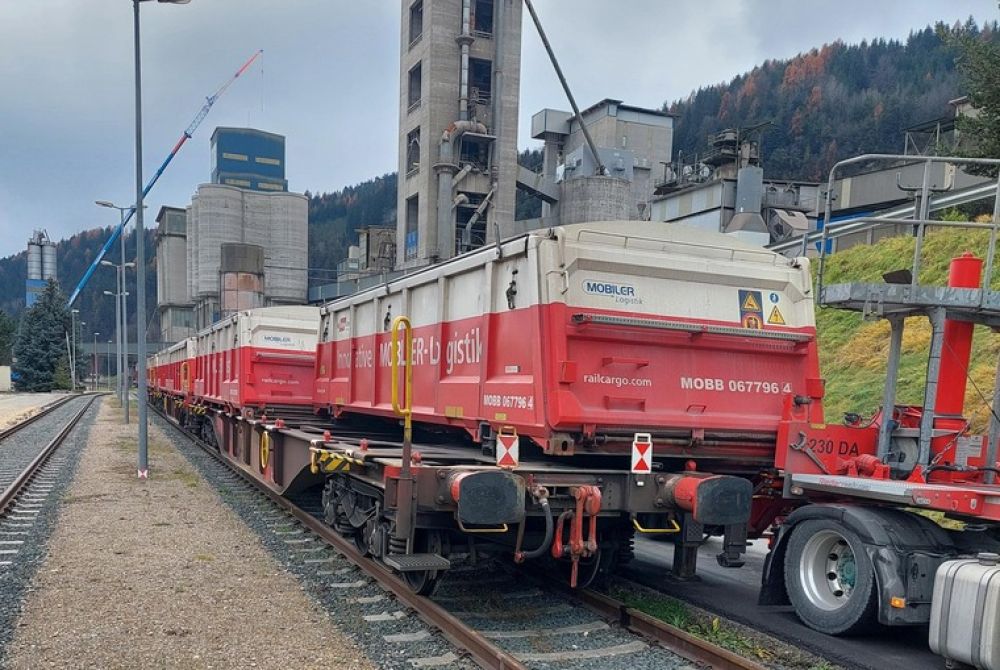Global importers rely heavily on a freight forwarder in China to simplify logistics. With China as the world’s largest exporter, shipping efficiently requires experts who understand customs, carriers, documents, and delivery schedules. This guide explains services, costs, case studies, and how to choose the right partner.
What Is a Freight Forwarder in China?
A freight forwarder in China is a logistics expert who arranges transportation from Chinese suppliers to global buyers. They do not own ships or planes but negotiate with carriers, manage documents, and coordinate customs clearance. For importers, forwarders reduce risks and ensure smooth cross-border trade.
Key functions include:
- Booking cargo space with carriers.
- Handling export and import customs.
- Consolidating shipments to lower costs.
- Providing tracking and insurance support.
Why Do Importers Need Freight Forwarders in China?
Without a freight forwarder, importers may face delays, fines, or cargo rejection. China’s export regulations are strict, and forwarders ensure compliance. They also manage Incoterms, tariffs, and inland transport from factories to ports.
Additionally, forwarders help optimize shipping routes. For example, they compare sea freight from Shanghai to Los Angeles with air freight from Guangzhou to New York, allowing businesses to balance cost and time.
Services Offered by Freight Forwarders in China
Most freight forwarders in China provide complete door-to-door solutions:
- Sea Freight: FCL/LCL booking and consolidation.
- Air Freight: Express shipping for urgent goods.
- Rail Freight: China–Europe trains for mid-cost transit.
- Customs Brokerage: Document preparation and compliance.
- Warehousing: Storage, repacking, and labeling (especially FBA).
- Delivery: Trucking to Amazon FBA warehouses or buyer locations.
These services make them essential partners for SMEs, e-commerce sellers, and large importers.

Cost of Using a Freight Forwarder in China
Forwarder fees include service charges plus carrier costs. Service fees cover booking, documentation, and customs support. Actual freight costs depend on route, weight, and container size.
Sample Cost Table
| Route (China → USA) | 20GP (USD) | 40GP (USD) | Air Freight (per kg) | Transit Time |
|---|---|---|---|---|
| Shanghai → Los Angeles | 2,800 | 5,600 | 5.5 | 15-20 days |
| Ningbo → New York | 3,200 | 6,300 | 6.2 | 25-30 days |
| Shenzhen → Chicago (Air) | – | – | 6.8 | 5-7 days |
Note: Prices vary by season and fuel surcharges.
What Documents Do Freight Forwarders Handle?
A freight forwarder in China ensures accurate paperwork, which prevents customs delays. Common documents include:
| Document | Purpose |
|---|---|
| Commercial Invoice | Declares cargo value and description. |
| Packing List | Lists weight, volume, and package details. |
| Bill of Lading (B/L) | Contract between shipper and carrier. |
| Air Waybill (AWB) | Proof of air cargo booking. |
| Certificate of Origin | Confirms goods’ manufacturing country. |
| Insurance Certificate | Protects importer against loss or damage. |
By managing these, forwarders safeguard importers from penalties.
Real Case Studies of Freight Forwarders in China
Case 1: Shenzhen → Los Angeles (Electronics)
- Cargo: 1 × 40HQ of smartphones (22 tons).
- Cost: USD 6,200 by COSCO.
- Transit: 18 days.
- Forwarder Role: Arranged ISF filing, reduced port storage fees, delivered to Amazon FBA ONT8.
Case 2: Ningbo → New York (Furniture)
- Cargo: 1 × 20GP of wooden furniture.
- Cost: USD 3,300 sea freight + USD 800 trucking.
- Transit: 28 days.
- Forwarder Role: Consolidated with other importers to reduce cost 15%.
How Do Freight Forwarders Compare Shipping Methods?
Forwarders advise clients on mode selection.
| Mode | Cost Level | Speed | Best For | Cons |
|---|---|---|---|---|
| Sea Freight | Low | 20–35 days | Bulk goods, containers | Slow |
| Air Freight | High | 5–10 days | Urgent, high-value | Expensive |
| Rail Freight | Medium | 15–20 days | China–Europe trade | Limited routes |
Choosing the right mode depends on urgency, budget, and cargo type.



Benefits of Working with a Freight Forwarder in China
- Lower Costs: Negotiating bulk rates with carriers.
- Less Risk: Ensuring compliance with customs and Incoterms.
- Faster Delivery: Coordinating schedules to avoid delays.
- End-to-End Visibility: Tracking shipments through AWB or B/L systems.
- Flexibility: Options for LCL, FCL, or multimodal transport.
These benefits make forwarders critical for long-term supply chain stability.
Tips to Save Costs with Freight Forwarders in China
- Book Early: Reserve space during off-peak to avoid GRI surcharges.
- Consolidate Cargo: Use LCL to share costs with other shippers.
- Flexible Routing: Choose alternative ports like Qingdao instead of Shanghai.
- Negotiate Contracts: Annual agreements lock stable rates.
- Use Rail Freight: For Europe, rail is faster than sea but cheaper than air.
Conclusion
A freight forwarder in China is more than just a logistics provider; they are strategic partners for global importers. By managing shipping costs, compliance, and transit schedules, they ensure goods move efficiently worldwide. Choosing the right partner can reduce risks, lower costs, and strengthen your supply chain.
- Consult TJ China Freight Forwarding for the lowest quote. They will provide you with reliable, cost-effective service.
FAQs
Q1.How do I choose the best freight forwarder in China?
Check licenses, experience, and network coverage; compare service scope and transparency in pricing.
Q2.Can a freight forwarder handle Amazon FBA shipments?
Yes, they manage labeling, booking, and direct delivery to Amazon warehouses in the USA or Europe.
Q3.What is the cheapest shipping option from China?
Sea freight FCL is usually cheapest for bulk cargo over 15 cubic meters.
Q4.How long does customs clearance take?
Normally 1–3 days if documents are complete; longer if inspections occur.
Q5.Do freight forwarders in China assist with dangerous goods?
Certified forwarders handle hazardous materials with special packaging and documentation.

